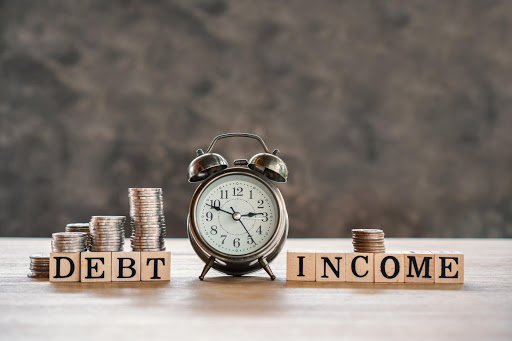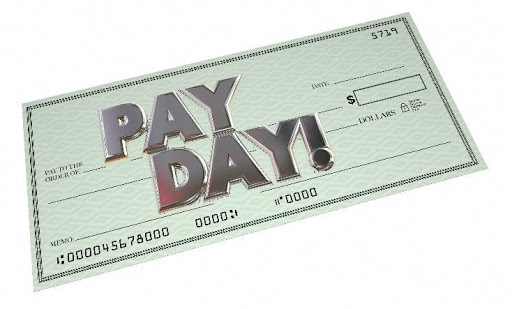A recent study in the financial market revealed that 39.2% of borrowers rely on personal loans for debt consolidation. This can be due to the borrowers having several installment loans and payday loans and the high interest rates and rollover charges beyond their budget.
Debt consolidation is essential in getting lower interest rates and associated payments. This guide elaborates on how consolidation functions for installment and payday loans.
What is Loan Consolidation?

The main objective of consolidation is a reduction in the interest rate charged and a lower total cost for the amount borrowed. Another option is using a longer debt consolidation loan hence achieving a lower and easily manageable monthly payment.
This latter method could lead to higher total interest charges at the end of the loan term. Debt consolidation has been effective for different types of loans including installment and payday loans.
Payday Loans and Installment Loan
There are many legitimate reasons why you may need to consolidate your installment and payday loans. These reasons may largely influence how effectively you consolidate the loans.
If it is challenging for you to manage your monthly payments with current debt obligations at hand, debt consolidation may turn to be the best option for you. In particular, this is most operational for borrowers having delinquency issues- delay in payment on loans that are already past the due date.
The delinquency rate for most installment loans averages at 3.31% while for payday loan rates at 6%.
Assuming you had a low credit score when you took installment or payday loans but you improve with time as you pay the loans, the chances of qualifying for a better loan offer or a better interest rate. Seeking financing solutions to benefit from such new terms may be a sound option.
Loan consolidation can be a good alternative if the combined interest rates on all debts are more significant than what a debt consolidation loan offers. On average, payday loans’ interest rates have 400% APR while personal loans range between 10% to 28%.
Payday Loans and Balance Transfer Credit Cards
Optimizing Payday Loan and Installment Loan Consolidation
Exploring the Potential of Balance Transfer Credit Cards
If the primary motivation behind seeking a debt consolidation solution is access to low-interest rates, consider leveraging a balance transfer credit card. This strategy can be especially advantageous for borrowers aiming to optimize their financial management. A balance transfer card enables you to migrate your existing credit card debt onto this specialized card. Moreover, some credit card providers extend the option to allocate your current loans to the balance transfer card.
This approach proves advantageous due to the 0% APR typically associated with credit card balance transfers. This 0% APR rate functions as a promotional incentive and spans a timeframe ranging from 12 to 20 months. During this period, you can expedite debt repayment without incurring any interest charges.
In assessing the viability of this strategy, it’s essential to ensure that your credit limit exceeds the combined debt amount slated for transfer. Additionally, thoroughly perusing and comprehending the card’s fine print, including terms and conditions, is crucial.
Pay careful attention to transfer fees, the APR applicable to fresh purchases on the credit card, as well as the APR post-expiration of the promotional rate. Such vigilance safeguards against unforeseen complications should debt repayment extend beyond the introductory phase.
Payday Loan Consolidation Using Debt Management Plans
Another option for negotiating lower interest rates on loans and simplifying payments is using a debt management plan (DMP). The debt management plan is readily available through non-profit credit advising agencies.
This type of program works for borrowers with unsecured debts in large amounts but cannot be used to address student loans.

- The credit counselor is the payer on your accounts.
- You will discuss with the credit counselor your financial condition to determine the best choice for you other than DMP.
- If you settle for the DMP, the counselor liaises with your creditors to negotiate on lower monthly payments, fees, and lower interest rates, or all of them.
- If the creditors and the financial counselor get into terms, you will pay the counseling agency which pays the creditors in return.
Another option for consolidating installment and payday loans is a debt consolidation loan which compared to your current loans has lower monthly payments or lower APR. A lower APR can lower your monthly payments or reduce the total dollar amount you owe in interest thus helping you comfortably manage your payments.
Consolidate Your Payday Loans Today
The simplified debt may also come with lower interest rates and favorable terms of payments than the payday loans. Where debt settlement can damage your credit, Encompass Recovery Group consolidation services can help organise a better credit score if you honor the established monthly payments.

